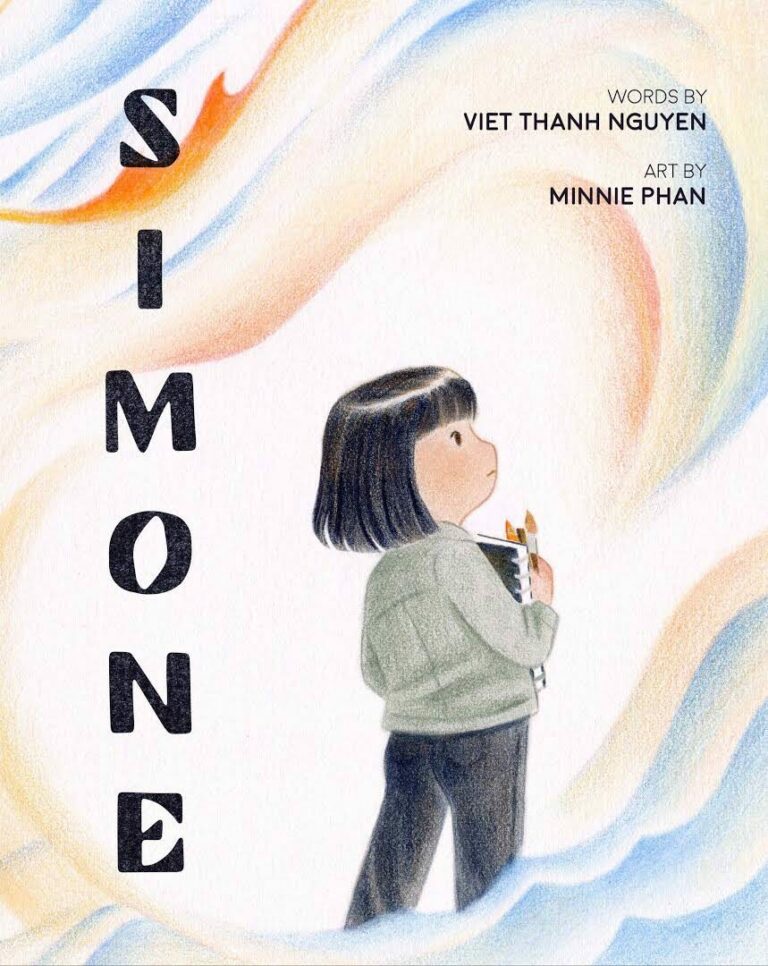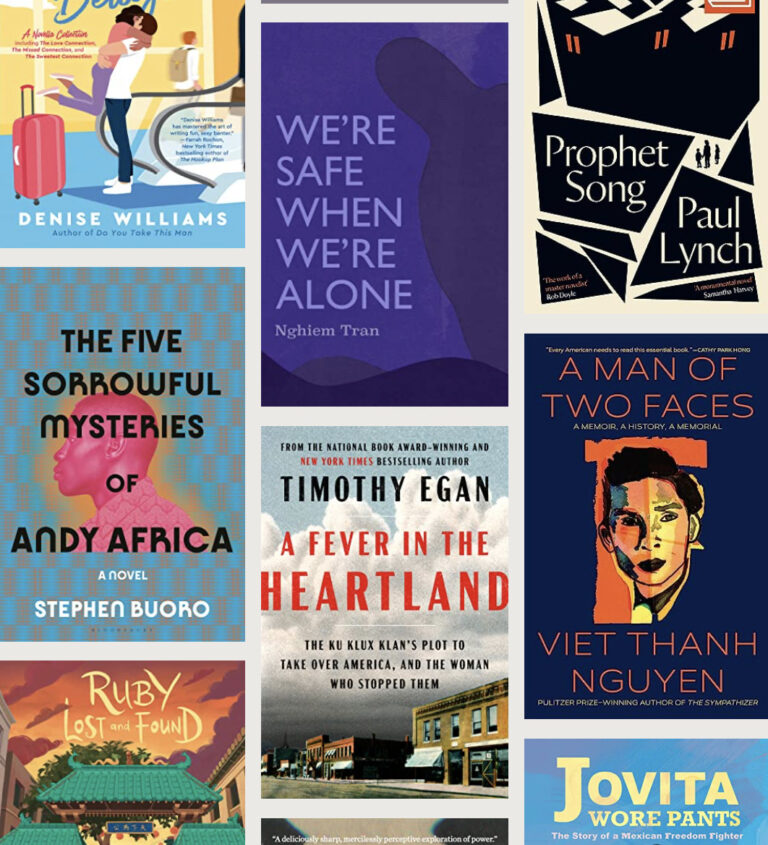Cab Tran reviews The Sympathizer for the Missoula Independent.

The Vietnam War produced a staggering number of literary works. Go into any bookstore and you’ll likely find an entire section dedicated to biographies on Henry Kissinger and Robert McNamara, military histories and a slew of memoirs by former U.S. servicemen whose reluctant heroics are the stuff of Oliver Stone’s fantasies. In fiction, no list would be complete without Robert Olen Butler’s A Good Scent from a Strange Mountain (the collection won a Pulitzer in 1993) or Tim O’ Brien’s The Things They Carried. But what’s missing from the discussion are narratives by the Vietnamese themselves. That is, until The Sympathizer, Viet Thanh Nguyen’s debut novel about postwar America through the eyes of one communist sleeper agent. The book was released in 2015 and just recently won a Pulitzer.
The entirety of The Sympathizer is written from a communist prison cell as a lengthy confession addressed to a shadowy figure known only as the “Commandant.” Undoubtedly, a big part of the book’s appeal to readers will be its spy-ish sensibilities, reminiscent of writers like John le Carre—there’s enough espionage, double-crossing, assassination plots and CIA-inspired paranoia here to sate the appetite of any conspiracy buff. Who can forget the CIA was involved with the heroin trade and funded General Vang Pao and the ethnic Hmong to fight the communists, only to later abandon them in the opium fields? (Fortunately for the Hmong, many of them ended up in the U.S., with a sizable number settling Missoula.)
As the story progresses, Nguyen’s satire becomes increasingly surreal. It reaches its absurdist peak halfway through the novel when our nameless antihero is spirited from the environs of L.A.’s urban jungle—where he’s been living and maintaining his espionage activities among the Vietnamese expat community—to the real jungles of the Philippines. He’s hired on as a “technical consultant in charge of authenticity” on an upcoming film about the Vietnam War called The Hamlet. It goes without saying, the film has a striking similarity to Apocalypse Now, and its eccentric and egomaniac director, the Auteur, sounds and acts suspiciously like the real-life Francis Ford Coppola. Marlon Brando may or may not make an appearance. These chapters are perhaps Nguyen’s finest and best showcase his abilities as a writer.
Nguyen belongs to a new generation of Vietnamese-Americans who have come of age and stepped from the shadow of their parents’ war. Though these sorts of biographical memoirs have been around since the first Vietnamese landed on U.S. shores, it hasn’t been until recently that the sons and daughters of those original “boat people” started writing fiction with distinct American panache. These writers include Monique Truong, Bich Minh Nguyen and Thi Diem Thuy Le, whose The Gangster We Are All Looking For is perhaps the funniest novel about Vietnamese immigrants in America.
What lifts The Sympathizer above an archetypal immigrant story is its treatment of some very complex issues. Nguyen’s book is neither your typical How I Struggled and Overcame Insurmountable Odds to Come to America story nor your First-Generation Poor Immigrant Trying to Fit In novel, though there are vestiges here of both tropes. Nguyen moves beyond the fish-out-of-water tale and does what other Vietnamese-American writers have mostly avoided in their work thus far: He gets unabashedly cerebral about American and Vietnamese politics, injecting enough satirical shenanigans and catch-22s to appease even hardcore fans of “The Daily Show.” Along the way, Nguyen somehow manages to squeeze in a college education’s worth of Marxist theories, ideas on cultural appropriation and authenticity, and the intersection of race, class and xenophobia, without coming off like that annoying 19-year-old kid you remember from college who constantly tried to slip you his stolen ex-lib copy of Das Kapital.
The book isn’t without its faults. Nguyen’s writing style can be a slog at first. That he is a USC professor is no more apparent than when his confessor, between assassination plots and bowls of pho, digresses into lengthy interludes of ideological self-reflection. But these diversions betray the fact that The Sympathizer, at its core, wants to concern itself with how we understand humanity through the lens of war and its aftermath—existential questions better suited for writers to explore than generals or political demagogues. As our antihero furiously edits and re-edits his confession to the Commandant from his isolation cell, one can’t help but hear the echo of Clarice Lispector when she writes in The Hour of the Star, “So long as I have questions to which there are no answers, I shall go on writing.” Most cogently, as the novel races toward its exhilarating Orwellian conclusion, the ultimate question it dares to ask and tries to explicitly and absurdly answer is this: What is more precious than independence and freedom?


